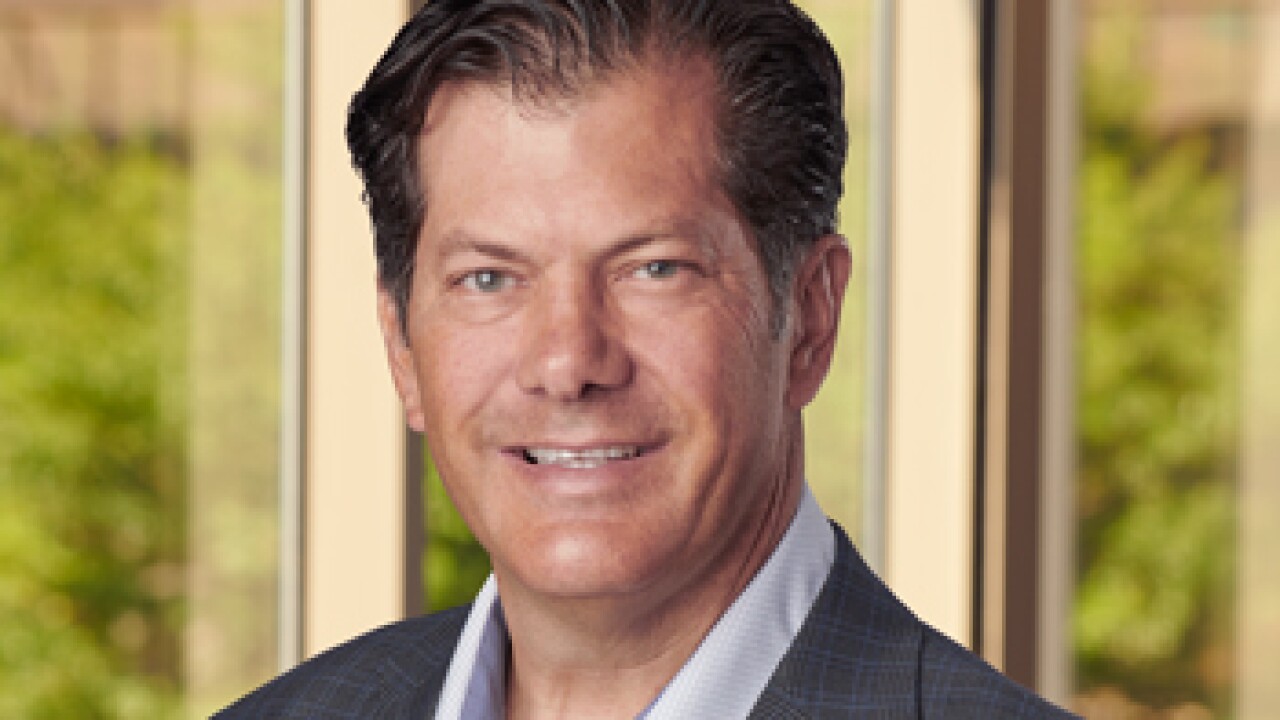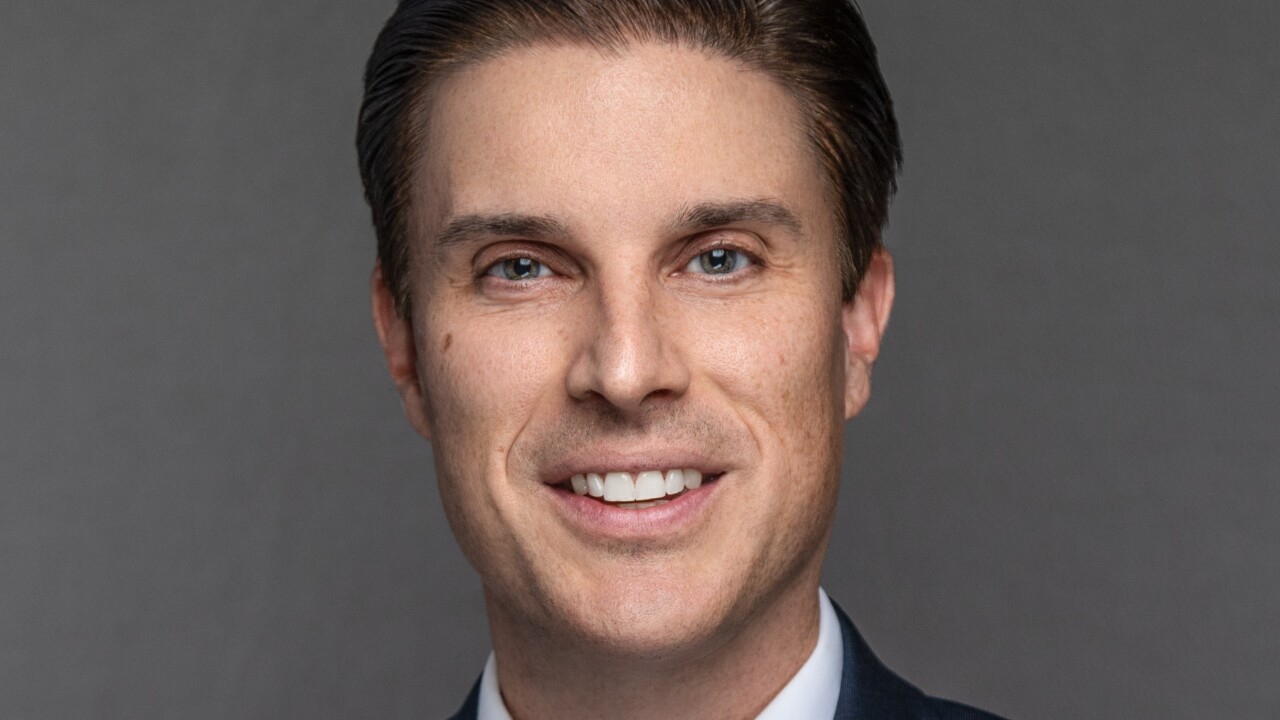Want unlimited access to top ideas and insights?
There's an old saying in the medical profession: "To be an excellent doctor, you must have three things: availability, affability and ability (in that order)." A doctor's technical ability is actually the least important of the three attributes. Why? Because if you're not someone that patients feel comfortable confiding in, and if you're not available for them, it doesn't matter how much technical skill and charm you have; you're not a great doctor if you're not available.
For accountants and other professional service providers, the focus has been on getting the work done right (ability), with a general disregard for affability and availability. In the future, however, that won't be enough.
All professionals should understand that technical ability is implied and required. As CPAs and professional service providers, clients assume you can get the work done — and do so on time and in a professional manner. They assume the numbers are correct. Ability alone will not help you stand out. That's table stakes.
Now let's look at affability, the second-most important attribute for professionals. Do clients think you're likable and easy to talk to about sensitive financial issues? Affability for CPAs is like bedside manner for doctors. You can only be a client's most trusted advisor if they feel comfortable talking to you about business issues as well as about their cash flow issues, their financial issues outside of their business, and maybe issues related to their marriage or children, etc. That's why the "most trusted advisor" badge comes with a certain load to it. This "load" can be an issue with accounting firms during busy times, when clients may email their trusted advisor with an important question and hear nothing back, or they receive nothing but a curt, non-committal response. How do you think that makes them feel?
Sure, you're busy. So what? Your successful clients are busy, too. Take an extra 15 seconds out of your busy day to be pleasant to the folks who pay your bills.
Now let's move on to the most important attribute for CPAs — availability. This is a huge issue for accounting firms. I don't know how many times CPAs have told me: "I don't have time to meet with clients. We have deadlines. We have cut-offs."
Hmmmm. Isn't being available when a client really needs you the No. 1 reason they've hired you? Of course, clients need to have their tax returns done. Of course, they need their books completed with numbers they can use. But clients don't want to talk about these things 99% of the time. That's why they're paying you. But when they do have an issue, they want to get ahold of their trusted advisor ASAP. That's why they pay a premium for a luxury service like having a professional accountant.
Theoretically your clients could get their books and taxes done for less money by doing it themselves, or by going to a discount provider. They pay your fee because they want their accounting team to mobilize ASAP when they have an issue. They want to be sure they can get you on the phone or at least by email to help them through an issue.
Let's face it, none of your clients likes talking about taxes. They don't like talking about accounting or bookkeeping, either. They just want it done correctly and done on time. But think about how great you sound when a client tells friends or colleagues: "When I reach out to my accounting firm, they answer the phone or call me back right away. They're always available to talk me through things I'm worried about. Awesome!"
Being highly responsive to clients during these small, but important, spurts of activity are crucial for retaining them. I'm not talking about having a 48- or 72-hour callback window. I'm talking about having a nearly immediate response time. How can you compress your response time so clients feel that they're top of mind for you? Here are a few ideas:
- Build "office hours" into your calendar each day. It should be a dedicated time when you're calling or emailing clients back.
- Have a client service associate call clients back and offer to help. Most of the time they can take care of the client's needs.
- Create an email template: "Great to hear from you — we will look into this and have an answer for you by the end of the week. If you need a response sooner, please call us directly at XX." This lets clients know you've received the message and gives them a timeline. It also allows them an option to escalate the issue (although most of the time they won't).
Remember, the No. 1 reason that clients leave the CPA is because they don't feel appreciated. They rarely complain about technical ability or likeability. It's usually because their trusted advisor wasn't reached when they needed him or her most.
Remember the three As from the beginning of this article? Let's go through them again:
- Ability: Clients already know you are going to do what you promise when it comes to getting the work done professionally — and on time. Again, that's table stakes.
- Affability: Are you likable enough to establish a good rapport? Do you make clients feel comfortable having sensitive conversations with you about their money? I hope so.
- Availability: But being reachable when clients need you is the No. 1 attribute you can have. Again, clients don't want to talk about taxes or financial matters 99% of the year. But when they do, make them feel like a high priority, so they don't think to themselves: "I don't feel appreciated."
I'd





